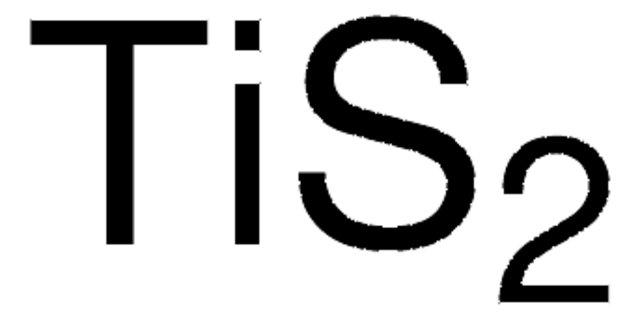182001
Poly(ethylene oxide)
average MV 300,000 (nominal), powder, hydroxyl, BHT as inhibitor
Synonym(s):
Polyethylene oxide, PEO
About This Item
Recommended Products
Product Name
Poly(ethylene oxide), average Mv ~300,000 (nominal), powder
form
powder
Quality Level
mol wt
average Mv ~300,000 (nominal)
contains
200-500 ppm BHT as inhibitor
viscosity
600-1,200 cP, 5 % in H2O(25 °C, Brookfield)(lit.)
transition temp
Tm 65 °C
application(s)
battery manufacturing
functional group
hydroxyl
SMILES string
[H]OCCO
InChI
1S/C2H6O2/c3-1-2-4/h3-4H,1-2H2
InChI key
LYCAIKOWRPUZTN-UHFFFAOYSA-N
Looking for similar products? Visit Product Comparison Guide
Related Categories
Application
- As a starting material to fabricate double layer nanodiamond thin film that acts as an interfacial protection layer for Li anodes.
- To enhance the surface properties of low-density polyethylene (LDPE) using plasma-initiated grafting.
- To prepare hydroxyapatite/poly(ethylene oxide)nanocomposites.
Storage Class Code
11 - Combustible Solids
WGK
WGK 1
Flash Point(F)
Not applicable
Flash Point(C)
Not applicable
Personal Protective Equipment
Regulatory Listings
Regulatory Listings are mainly provided for chemical products. Only limited information can be provided here for non-chemical products. No entry means none of the components are listed. It is the user’s obligation to ensure the safe and legal use of the product.
JAN Code
182001-BULK:
182001-10KG:
182001-VAR:
182001-250G:
182001-5G:
182001-500G:
Choose from one of the most recent versions:
Already Own This Product?
Find documentation for the products that you have recently purchased in the Document Library.
Customers Also Viewed
Our team of scientists has experience in all areas of research including Life Science, Material Science, Chemical Synthesis, Chromatography, Analytical and many others.
Contact Technical Service



